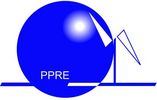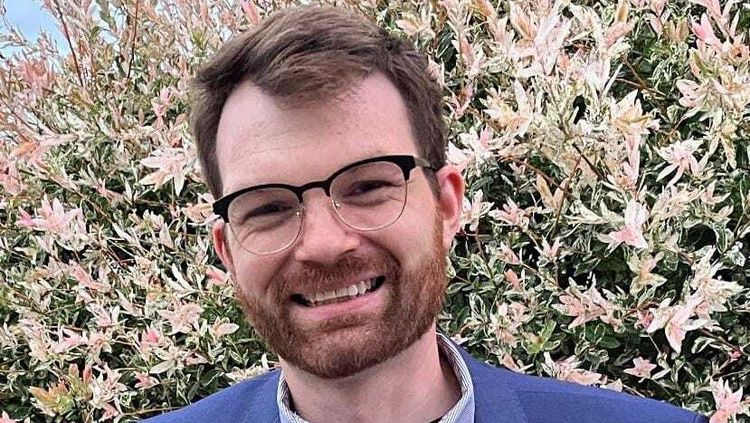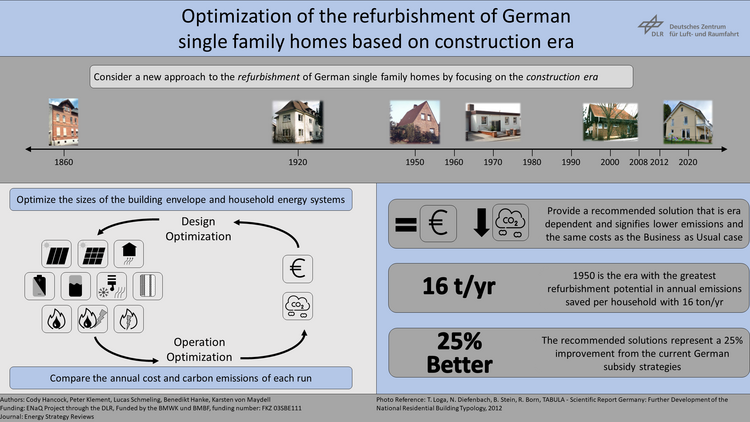This publication devises a method which formulates a national strategy for the renovation of single family houses by treating each era of initial construction independent of all the others, and applies a universally adoptable procedure to evaluate the cost efficiency of carbon emission reduction. A multi-objective optimization was conducted which varied the building envelope and energy systems while optimizing for annual cost and carbon emissions. The optimization was carried out in oemof.solph and PyGMO on typical German building stocks from 11 different construction eras between 1860 and 2020. The buildings were modeled in TEASER using TABULA building stock data. The results indicate that post-war era construction has the greatest improvement potential by saving over 16 tons of CO/yr with respect to its business as usual case. The recommended solutions for each construction era have an investment cost to emission reduction ratio which is 25% better than those of the current efficiency subsidies.
Read the article: https://doi.org/10.1016/j.esr.2023.101156



